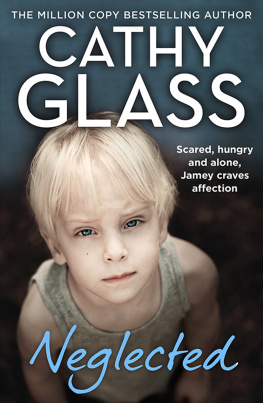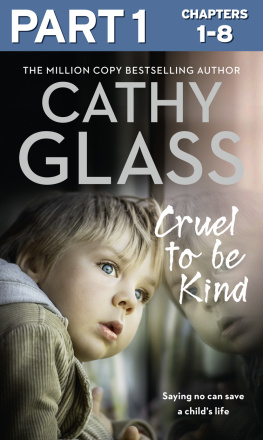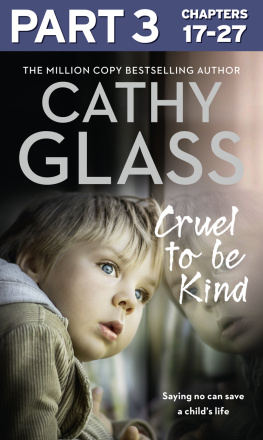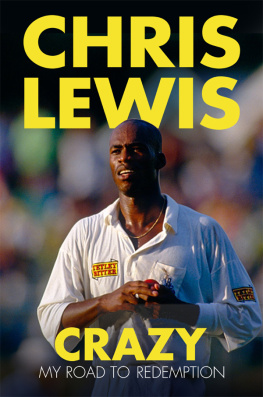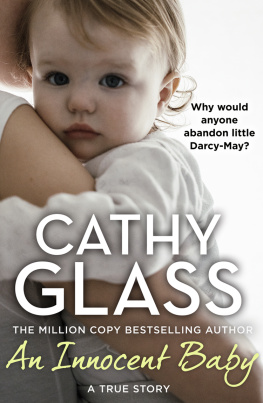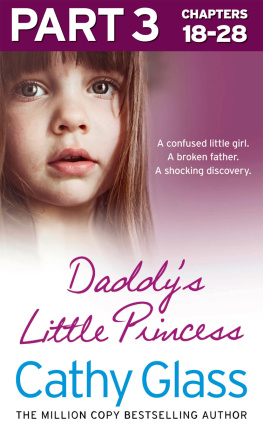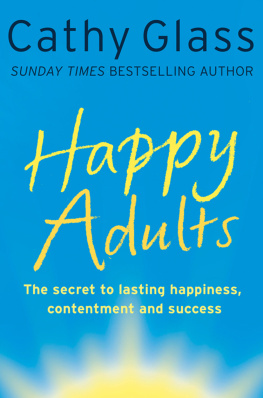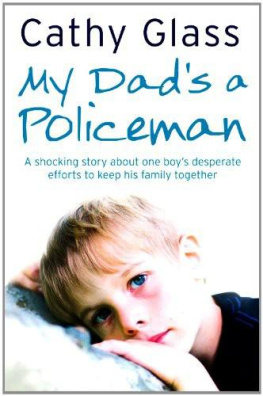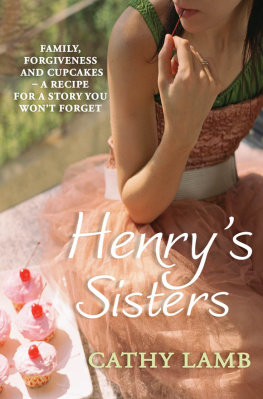Cathy A. Lewis - The Road We Took
Here you can read online Cathy A. Lewis - The Road We Took full text of the book (entire story) in english for free. Download pdf and epub, get meaning, cover and reviews about this ebook. year: 2021, publisher: Cathy A. Lewis, genre: Art. Description of the work, (preface) as well as reviews are available. Best literature library LitArk.com created for fans of good reading and offers a wide selection of genres:
Romance novel
Science fiction
Adventure
Detective
Science
History
Home and family
Prose
Art
Politics
Computer
Non-fiction
Religion
Business
Children
Humor
Choose a favorite category and find really read worthwhile books. Enjoy immersion in the world of imagination, feel the emotions of the characters or learn something new for yourself, make an fascinating discovery.

- Book:The Road We Took
- Author:
- Publisher:Cathy A. Lewis
- Genre:
- Year:2021
- Rating:4 / 5
- Favourites:Add to favourites
- Your mark:
- 80
- 1
- 2
- 3
- 4
- 5
The Road We Took: summary, description and annotation
We offer to read an annotation, description, summary or preface (depends on what the author of the book "The Road We Took" wrote himself). If you haven't found the necessary information about the book — write in the comments, we will try to find it.
The Road We Took — read online for free the complete book (whole text) full work
Below is the text of the book, divided by pages. System saving the place of the last page read, allows you to conveniently read the book "The Road We Took" online for free, without having to search again every time where you left off. Put a bookmark, and you can go to the page where you finished reading at any time.
Font size:
Interval:
Bookmark:
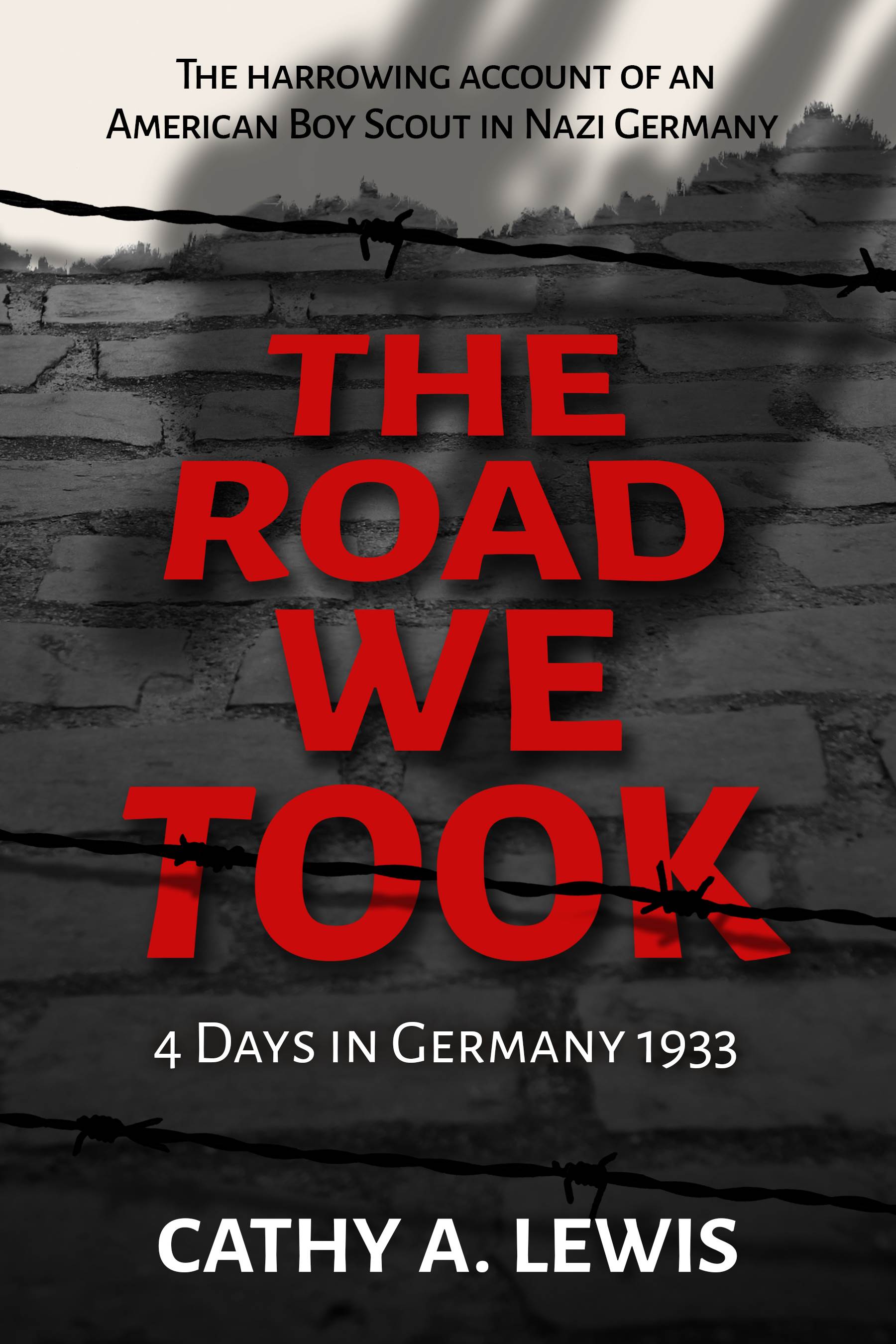
Contents

Four Days In Germany 1933
CATHY A. LEWIS
Author Disclaimer
The Road We TookFour Days in Germany 1933 is a work of fiction based on elements of a true-life story. Many of the incidents and dialogue, and characters, except for some well-known historical figures, are products of the authors imagination and are not to be construed as accurate. Where real-life historical figures appear, the situations, incidents, and dialogues concerning those persons are entirely fictional. They are not intended to depict actual events or to change the entirely fictional nature of the work. Any resemblance to actual persons, living or dead, occurrences, or locales is entirely coincidental in all other respects.
Copyright 2021 by Cathy A. Lewis
All rights reserved. No part of this book may be reproduced, stored in or introduced into a retrieval system, or transmitted, in any form, or by any means (electronic, mechanical, photocopying, recording or otherwise), without prior written permission of both copyright owner and publisher of this book. Exceptions are made for brief excerpts used in published reviews. Requests for permission to reproduce any part of the work should sent to: clwritenow@icloud.com.
Editorial Team: Ann Creel, Amy L. Berk, Nancy Nichols, Emily Colin
Cover Design: BookCoverExpress.com
Interior Design: BeAPurplePenguin.com
Library of Congress Cataloging -Registration Number- TXu 2-256-640
Lewis, Cathy A.
The Road We Took / Cathy A. Lewis
1. American Boy Scouts-Rochester-New York- 4th World Jamboree-Godollo-Hungary-August 1933
2. Jews-Baranovichi-Poland-Munich-Germany
3. Hitler-Nazis-Munich-Dachau Concentration Camp-Bremen
www.cathyalewis.com
In loving memory of all the survivors.
We must never forget.
From the end of the earth will I cry unto thee when my heart is overwhelmed: lead me to the rock that is higher than I.
Psalm 61:1-2
For my brother, Jeffrey Raymond Lewis
Acknowledgements
S pecial thanks and gratitude to beta readers, Nancy Peterson-Hearn, Becky Sohr, Amy L. Berk, Marian Collins, Sharon Fusco, Rich Harris, Ellen Fanning, Rick Horne, Melissa L. Bell, Ashley Judd, and Tania Silverstone Wolochwianski.
My appreciation to Cousin Tania Silverstone Wolochwianski, who first inspired me to write, insisting this story must be told.
Many thanks to all of my family and friends who encouraged me on this journey, especially Tina Pavlis, Melissa L. Bell, Dr. Sharon Piper, Lana Suiter, Lynne Teckman, Bonnie Heim, Amy L. Berk, Dr. Xiao Zhao, Nancy Nichols, Brock M. Bell, Benjamin L. Bell, Richard A. Bell, Jennifer K. Bell, Cathy DeSimone-Piciulo, Dr. Damian Nesser, Tania Silverstone Wolochwianski, Tom Black, and Revi Ferrer.
Sincere appreciation and thanks to Editors Ann Creel, Amy L. Berk, Nancy Nichols, and Emily Colin.
My thanks and gratitude to the team at Books Forward and Books Fluent.
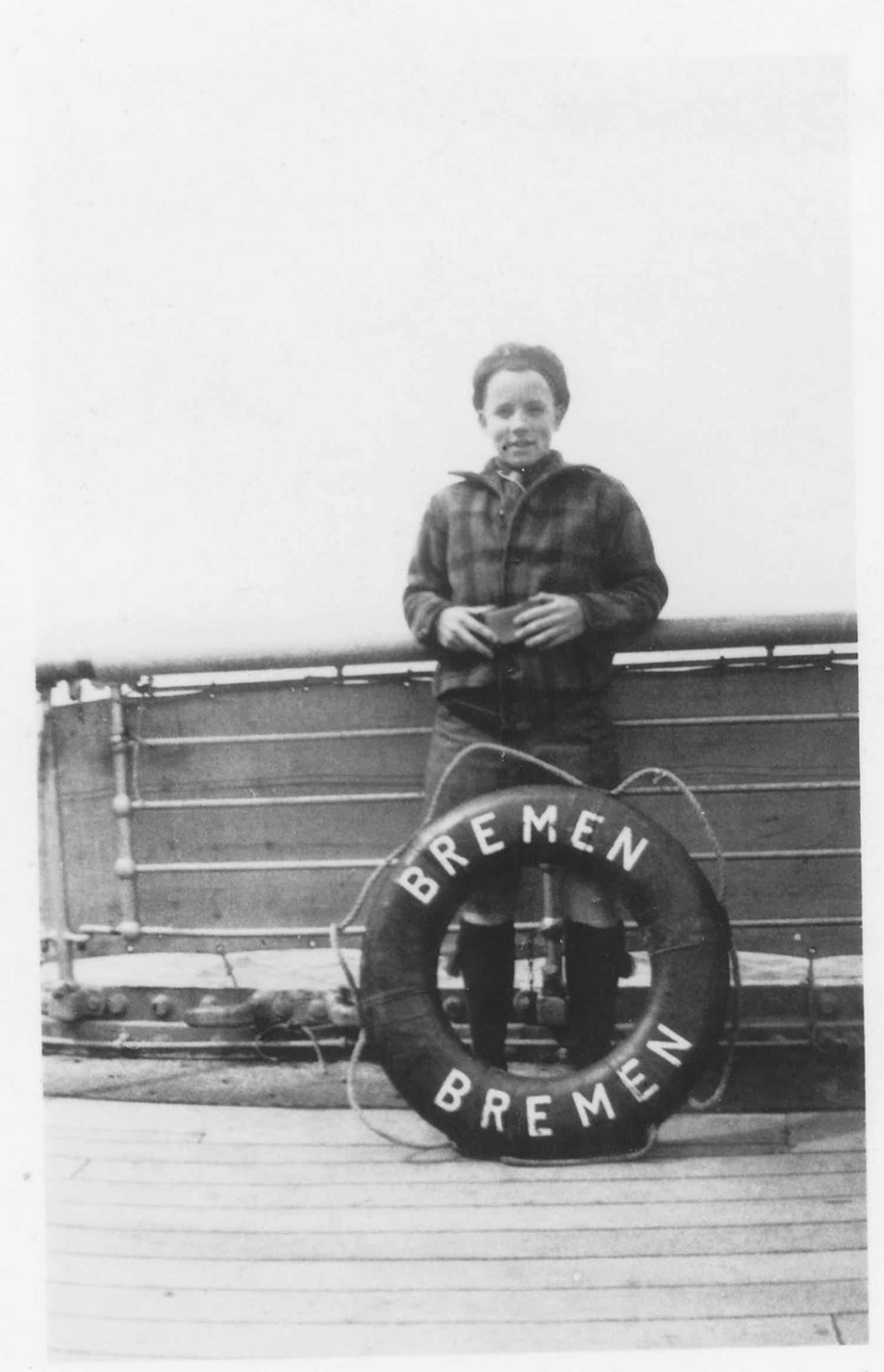
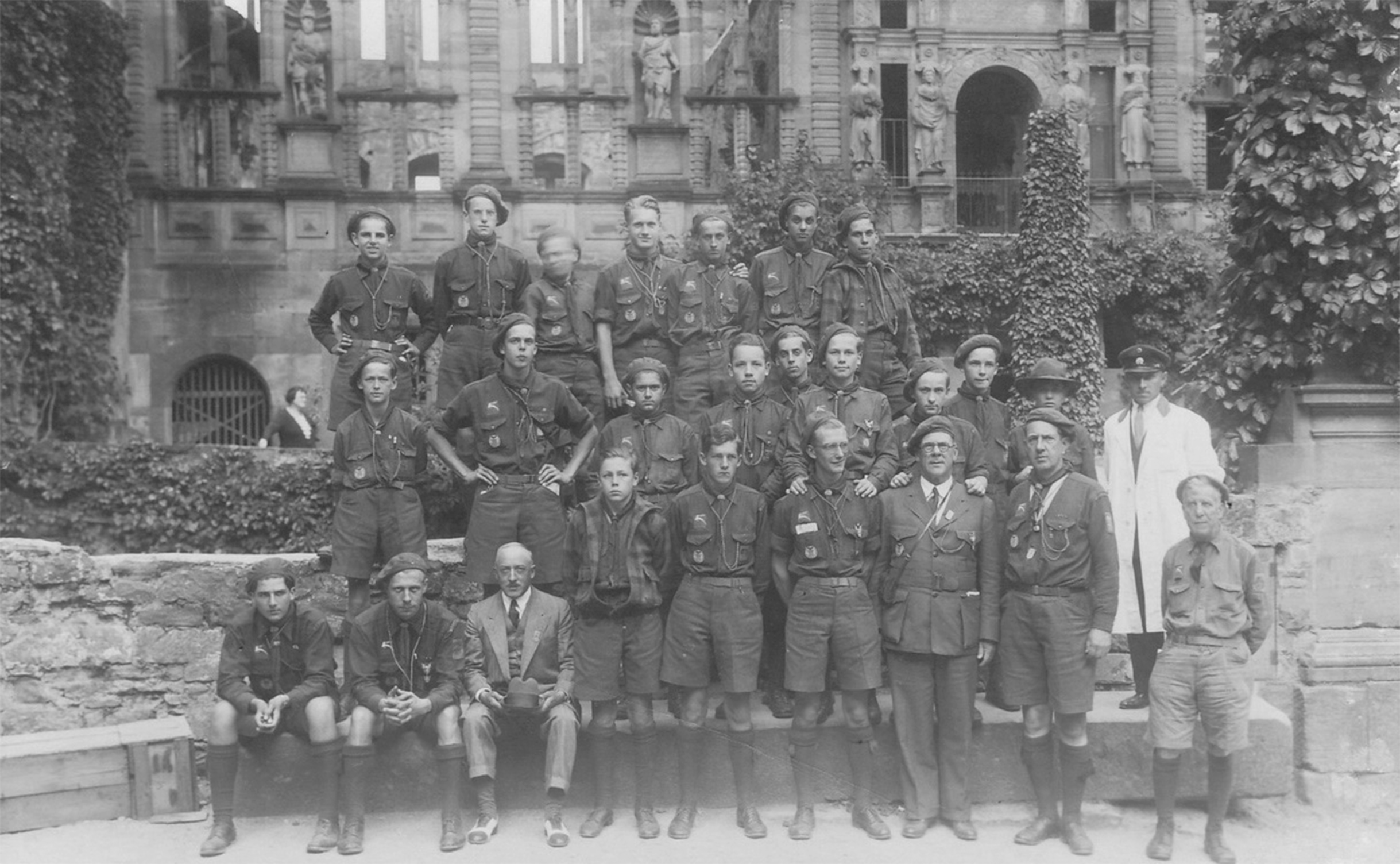
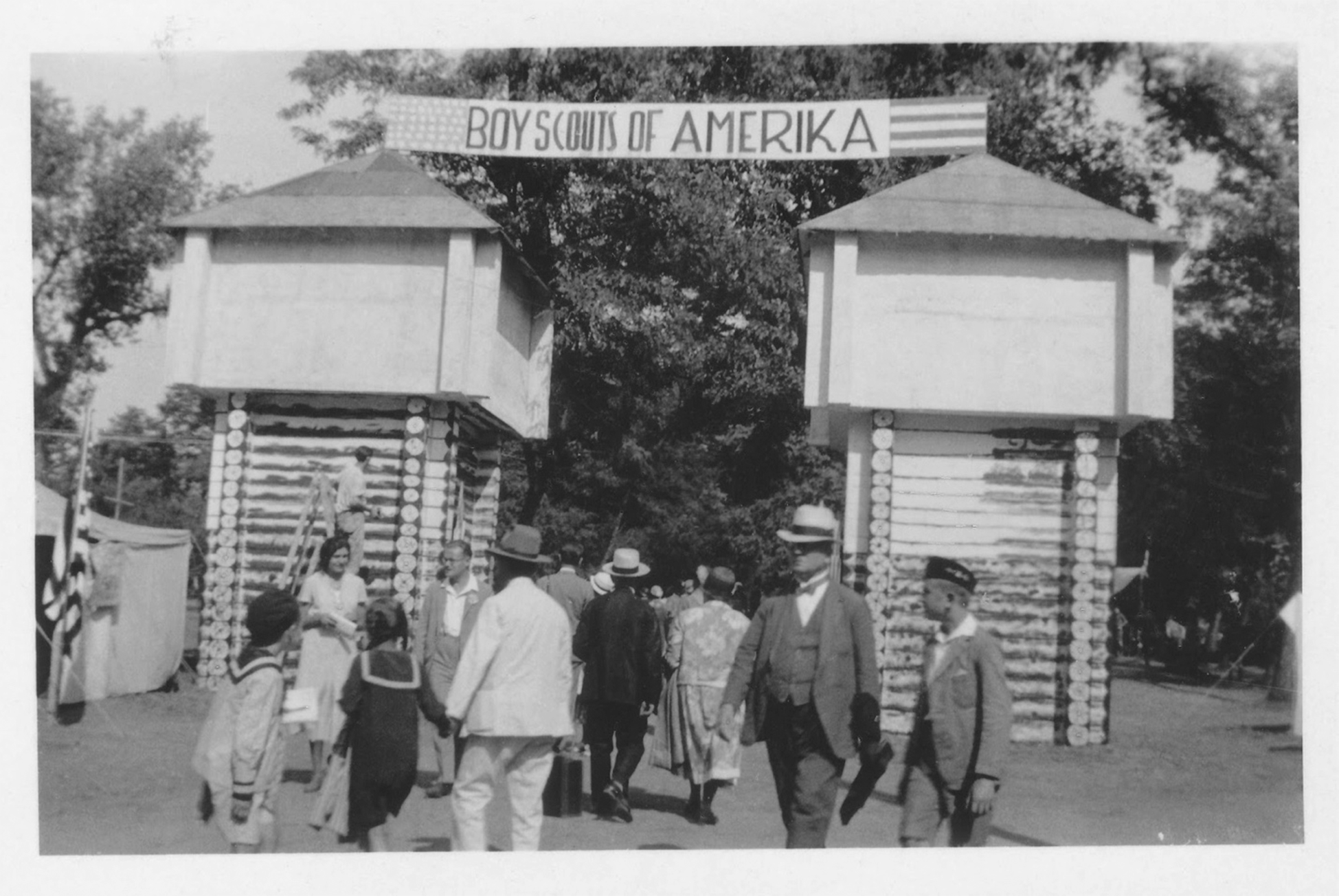
Authors Note
I n 1933, before World War II and the Holocaust, the world was unaware of Hitlers plans to exterminate millions of innocent people, not only in Germany, but in all of Europe. By virtue of being set in this time period, The Road We Took provides an illuminating vantage point from which to view the coming storm.
While many, many, novels have been written about the Holocaust itself, this book is set apart by the fact that my writing is based partially on a true story. During the summer of 1933, my father and his American Boy Scout troop took a six-week trek through Europe on their way to the 4th World Jamboree held in Godollo, Hungary. My father kept a daily journal, documenting the troops daily activities along with his thoughts and impressions.
At the conclusion of the Jamboree, my fathers troop traveled for four days through Germany, while on their way to the port of Bremen to take a ship back to the United States.
My father wrote at length about the sights and sounds of the Nazi movement he witnessed spreading through Germany, while constantly aware of the ubiquitous presence of Nazis and Hitler Youth.
Ten years after his European trek, my father married my mother, a Jewish immigrant raised in South America whose extended family was murdered by Nazis in the small border town of Baranovichi, Poland, now called Belarus.
My father kept his journal and treasured artifacts from his trip in a small leather suitcase. I rediscovered the suitcase after he died in 1995 but failed to fully examine the contents. My life at that time did not allow for a thorough investigation, as Id just moved south to Nashville, Tennessee to open my restaurant.
In 2018, while undergoing a lengthy recovery from ankle surgery, I had the perfect opportunity to explore my fathers journal. As I read, his voice spoke to me through the pages, bringing to mind and to life stories he shared with me during my youth.
After reading the journal, I felt compelled to write about my fathers travels. It became my priority to explore the vast history of that time in the world, leading me to complete copious amounts of research on the years between 1925 and 1933 in Germany. For the sake of authenticity, I felt it was important for this novel to portray the social mores and language of the time, even though they are not the terms or attitudes expressed in the present day.
Many of my characters come from my imagination, though they communicate my own personal stories and experiences. I find the element of human suffering to be continuous and timeless.
I write often about faith, because of my personal faith and strong belief. My characters speak of faith because it sustained them through the cruel punishment inflicted upon them. The Nazis stripped the Jews of everythinghowever, the one thing they couldnt strip away was the faith inside them.
Through my research, I understood that from day one of the ruthless Nazi regime, starting on January 30, 1933, the endgame was always the sameexterminate all Jews, and everyone that didnt fit their Aryan ideals. History has taught us a painful lesson and extended a fervent admonition: how instantaneously hatred can rise up to destroy this fragile world, and the people in it.
Thank you for reading.
Cathy A. Lewis
Nashville, Tennessee, August 2021
Chapter One
Buster and Wolfie
August 1933, Munich, Germany
O ur bus is a chartered German vehicle called Bssing, slate gray with tires that appear a size too big. Inside, the bus is stuffed with stiff seats that dont do a thing to cushion our ride. Wolfie Wolferman is pointing and directing the hired bus driver where to stop. Our bus slows down as it rolls over a few bumps, rocking us all back and forth. Wolfie laughs as our bodies slide around on the seats, jolted by the movement of the bus over the knobby road. The bus pulls up in front of a small, simple affair with a rust-colored roof made of tin. The house sits upright and straight on a flat piece of land. The roof looks even, except for the left corner that dips down a few inches. The sight of it gives the appearance of tired wood, doing its best to keep an angled edge.
Font size:
Interval:
Bookmark:
Similar books «The Road We Took»
Look at similar books to The Road We Took. We have selected literature similar in name and meaning in the hope of providing readers with more options to find new, interesting, not yet read works.
Discussion, reviews of the book The Road We Took and just readers' own opinions. Leave your comments, write what you think about the work, its meaning or the main characters. Specify what exactly you liked and what you didn't like, and why you think so.

